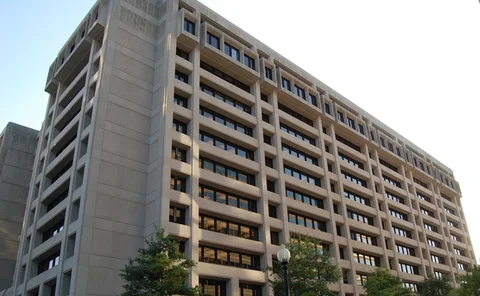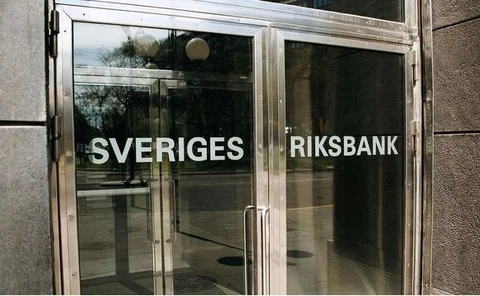Financial Stability
IMF paper identifies Chinese credit market distortions
IMF study shows asymmetry in Chinese business cycles owes to non-uniform credit market imperfections and real exchange rate policy
Global imbalances top Riksbank Risk survey
Riksbank Spring 2011 Risk Survey shows market participants believe global imbalances pose greatest threat to Swedish financial system
Ireland clears way for greater central bank power
New Bill allows central bank to step in when banks are “failing or likely to fail”; will be able to shift assets to other institutions or replace management at a troubled bank
UK FSA’s handling of bank failure under review
Review of the British regulator’s report into the failure of Royal Bank of Scotland must assess whether report is “fair and balanced”; authority itself in line for close scrutiny
ECB’s Bini Smaghi warns of maturity mismatch from low interest rate environment
European Central Bank executive board member Lorenzo Bini Smaghi says low short-term interest rates risk are leading to over-leveraging in shadow banking
CDS trading raises probability of default: NY Fed paper
New York Federal Reserve study examines probability of default at companies trading credit default swaps
UK financial markets and policies under fire
Parliamentary hearings attack the Bank of England set-up, financial stability reform and commission proposals
Fed to kick off annual stress-testing programme 'towards end of the year'
FRB building models to compare and benchmark bank results from late 2011
Will the new monetary policy consensus work for a small, open economy?
A new consensus is emerging for how monetary policy should be conducted. However, using the Czech experience as an example, Jan Frait, Zlatuše Komárková and Luboš Komárek argue that it may be difficult to apply in small, open economies
BoE’s Tucker slams regulators over rating agency failures
Bank of England deputy governor Paul Tucker says mechanistic reliance on rating agencies was a great mistake
The case for symmetrical monetary policy and its role in the new financial architecture
Central banks should adopt a more symmetrical approach to monetary policy in supporting financial stability. Bernd Braasch discusses how such an approach can best be implemented amid the jumble of policy strands competing for officials’ attention
Avoiding group think and conflicts of interest: widening the circle of central bank advice
Central banks may better serve the public by calling on a broader group of economists for advice, Gerald Epstein and Jessica Carrick-Hagenbarth believe
Malta establishes financial stability forum
New forum includes members from authorities and key stakeholders in financial services industry; governor wants to ensure crisis never comes to Malta
Reform of the international monetary system: a modest proposal
Richard N. Cooper presents an idea to enhance the stability of the international monetary regime
Boston Fed's Rosengren: clarity on Basel III capital buffers paramount
Boston Federal Reserve president Eric Rosengren says definition of capital in Basel III rules will be crucial in ensuring banks are well-capitalised in the event of future crises
Governments free-ride US bailout: National Bank of Austria paper
National Bank of Austria study says spillover effects of banking crisis provide an element of free-riding for some countries
Sweden’s Nyberg calls for reform to dollar funding
Riksbank deputy governor Lars Nyberg raises awareness on overdependence of banks on central bank reserves for foreign currency
The whys and hows of CoCo issuance
There is much support for contingent capital, or CoCos, among regulators and economists. However, officials, bankers and investors alike are unsure what should serve as the trigger to turn debt into equity. Here, Charles Calomiris and Richard Herring…
De La Rue profits nose-dive
UK banknote printer De La Rue reports 63% decline in operating profits after racking up large costs from a “single customer”
Interview: Kevin Warsh
On the eve of his departure from office, the Fed governor talks to Blair Baker about the forces behind the financial crisis and why we remain far from fixing the system
The three-trillion-dollar question
Keen to assert its monetary autonomy, the People’s Bank of China is locked in a tussle with the finance ministry to determine how the country’s excess reserves are managed
Ganbaro Nippon!
Robert Pringle reports from Tokyo on the Bank of Japan’s response to the Great East Japan Earthquake
A retail ring-fence for the UK
Robert Pringle and Hugh Sandeman analyse the Independent Commission on Banking’s interim report














